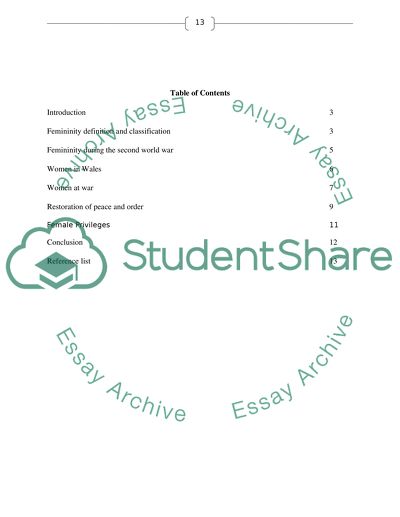Cite this document
(“Why women were constantly reminded of the need to maintain their Essay”, n.d.)
Retrieved de https://studentshare.org/history/1448924-explain-why-women-were-constantly-reminded-of-the
Retrieved de https://studentshare.org/history/1448924-explain-why-women-were-constantly-reminded-of-the
(Why Women Were Constantly Reminded of the Need to Maintain Their Essay)
https://studentshare.org/history/1448924-explain-why-women-were-constantly-reminded-of-the.
https://studentshare.org/history/1448924-explain-why-women-were-constantly-reminded-of-the.
“Why Women Were Constantly Reminded of the Need to Maintain Their Essay”, n.d. https://studentshare.org/history/1448924-explain-why-women-were-constantly-reminded-of-the.


